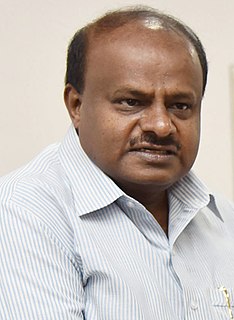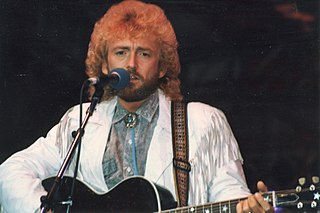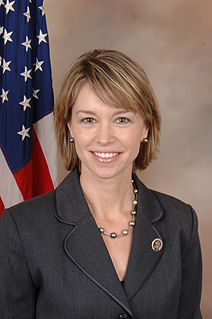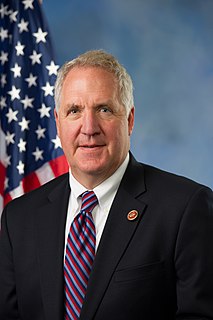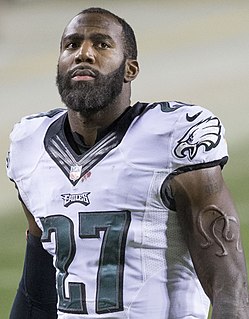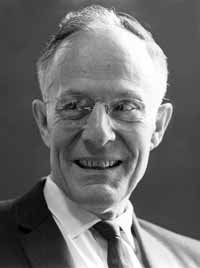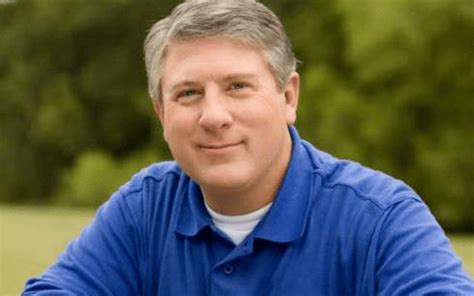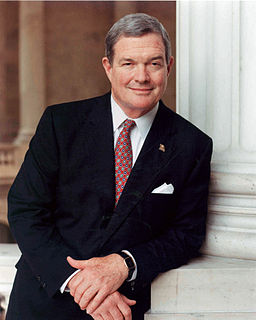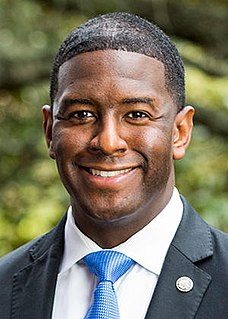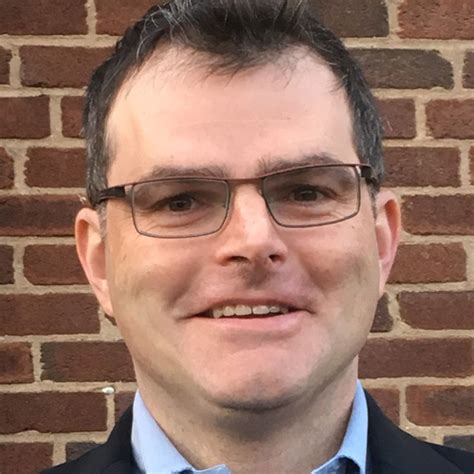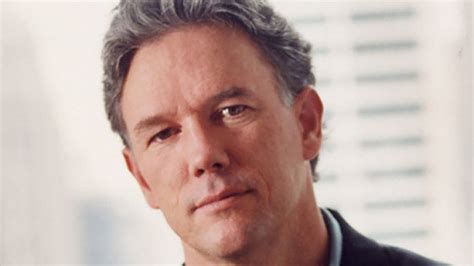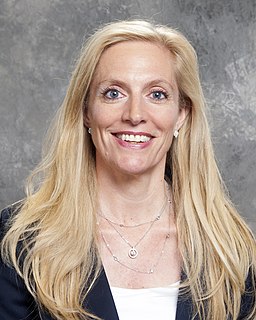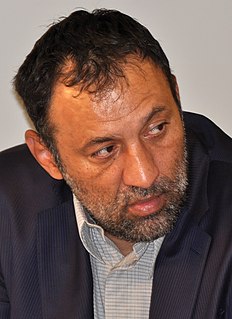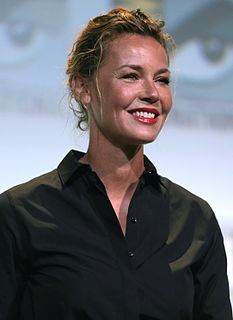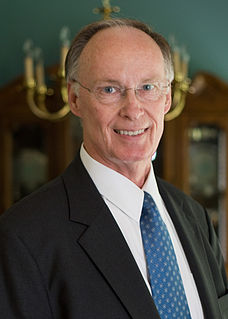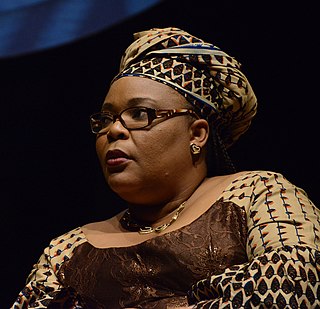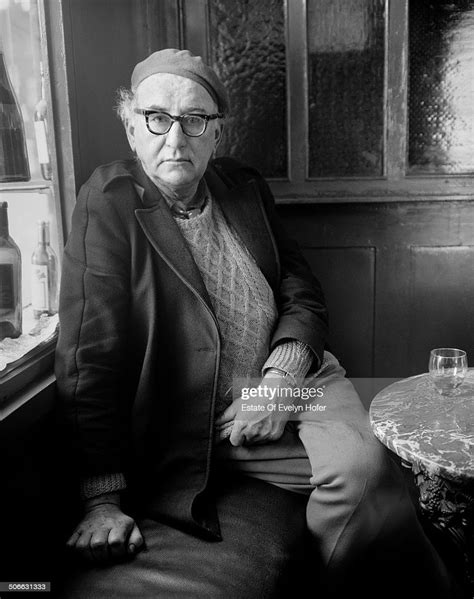Top 1200 Rural Communities Quotes & Sayings - Page 2
Explore popular Rural Communities quotes.
Last updated on April 18, 2025.
When school district officials literally laughed at the notion that the Me Generation — this was the label for my generation — would jump at the chance to teach in urban and rural communities, their concerns, too, went unheard. My very greatest asset was that I simply did not understand what was impossible.
Historically during the years of the White minority regimes, the State, the national Government held this land in trust for these communities. We said, but no, why should we do that ( return the land to the communities). We didn't say return the land to particular traditional leaders, but to the communities.
We need a more holistic approach in which we take account of society's most vulnerable sectors. We shouldn't just do broad averaging of country statistics but rather we need to disaggregate the data to determine where the resources are most needed. In most cases, it's usually the reverse: those who are most marginalized - minorities and rural and remote communities - get the least attention and money.
In general, I avoided giving lectures or attaching myself while abroad to a university. To learn what I wanted to know, I went instead to rural communities and onto actual farms. Talk with university people, government officials and U.S. personnel stationed in the country was much less rewarding for me.
NRTC is pleased with our preliminary agreement and we look forward to working with SES AMERICOM, as it develops the exciting, new IP-PRIME platform, .. NRTC is focused on finding telecommunications solutions that are ideal for rural communities and working with our membership to make those solutions a reality across the country.
Although we've used the concept brand communities a couple of times, it's important to reiterate that communities aren't created, they are courted. Most brands will need to court a range of different communities and travel across pools, webs, and hubs if they want to reach the full range of desired consumers.
It is vitally important that we can continue to say, with absolute conviction, that organic farming delivers the highest quality, best-tasting food, produced without artificial chemicals or genetic modification, and with respect for animal welfare and the environment, while helping to maintain the landscape and rural communities.
In many parts of our country, geography and population density can make it difficult to attract private investment. These communities depend on federal investments to maintain and upgrade their transportation systems and stay competitive. And we know that it's an investment worth making. Because when rural America succeeds, we all do.
We should not be living in human communities that enclose tiny preserved ecosystems within them. Human communities should be maintained in small population enclaves within linked wilderness ecosystems. No human community should be larger than 20,000 people and separated from other communities by wilderness areas. Communication systems can link the communities.
At Camfed, we have focused on transforming the vicious cycle of poverty in many rural African communities into a cycle of opportunity. Alumnae of Camfed's programs go on to become role models and mentors for future generations of young students. We call this the 'virtuous circle,' and we know this is a model that works.
Human Needs Project is really about how to come up with a different approach to helping, really focusing on the dignity of people living in communities you are not a part of, and how to approach these communities with help, but more look at it as an investment and a collaboration with these communities rather than, 'Here comes the white savior!'
Human beings need community. If there are no communities available for constructive ends, there will be destructive, murderous communities... Only the social sector, that is, the nongovernmental, nonprofit organization, can create what we now need, communities for citizens... What the dawning 21st century needs above all is equally explosive growth of the nonprofit social sector in building communities in the newly dominant social environment, the city.
Mass incarceration is a policy that's kind of built up over the last four decades and it's destroyed families and communities, and something we need to change. And it's fallen disproportionally on black and brown communities, especially black communities, and it's kind of a manifestation of structural racism.
The prison-industrial complex employs millions of people directly and indirectly. Judges, prosecutors, defense attorneys, prison guards, construction companies that build prisons, police, probation officers, court clerks, the list goes on and on. Many predominately white rural communities have come to believe that their local economies depend on prisons for jobs.
I think we have not done a good job of explaining to people in rural America what is actually happening, number one. And, number two, we're not expressing appreciation and acknowledging the contribution that rural America makes. Where does your food come from? Where does the water come from? Where does the energy feedstock come from? It all comes from rural areas. Where does your military come from? Nearly 35 to 40 percent of the military is from 15 percent of America's population living in rural America. It makes a tremendous contribution to this country. It just isn't recognized.
In my writing, I want to address all communities, you know. I've spent many years talking about Chicano culture, Chicano history, and at the same time, I've also been in many communities and presented my work in many communities, in many classrooms, and that's where my vision is and my delight is and my heart is.
Rural poverty happens because people aren't being paid to take adequate care of their places. There's lots of work to do here. And you can't afford to pay anybody to do it! If you depress the price of the products of the place below a certain level, people can't afford to maintain it. And that's the rural dilemma.

